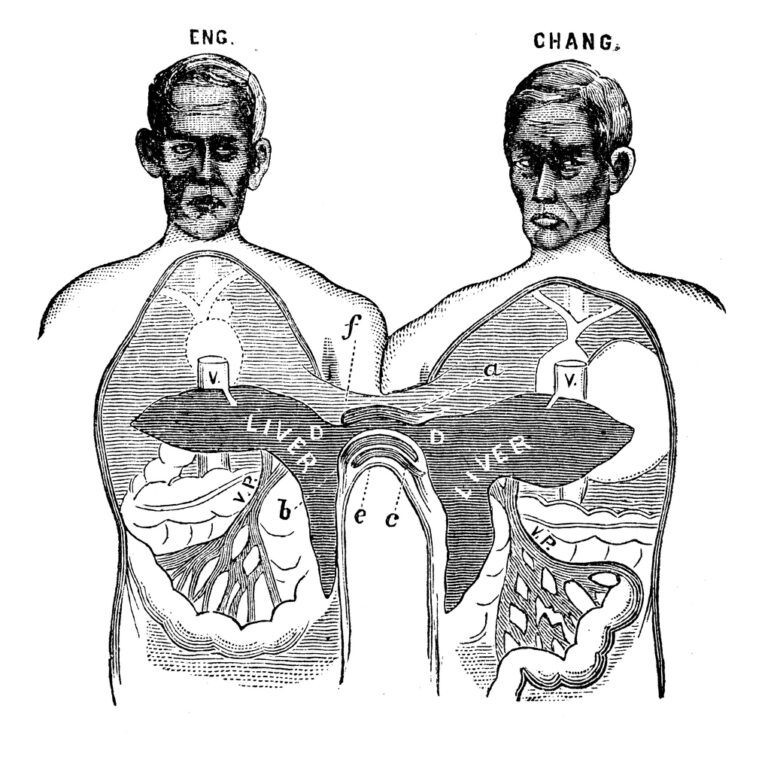Global crises of the past two years, such as the Covid-19 pandemic and war against Ukraine, are creating a global food crisis that’s threatening the most vulnerable, a new analysis reports.
Published in the scientific journal Nature, the report says that women and children are being directly impacted by food insecurity, due to price increases and reduced availability. The report also notes that the global crises are “reducing the reach of humanitarian assistance” and “reallocating nutrition budgets to other priorities.”
Both Russia and Ukraine are some of the world’s leading producers of wheat and fertiliser and the war in Ukraine has had major impacts on price and supply.
The price of wheat commodity has increased by 19.7% since the conflict began two months ago and according to the United Nations Food and Agriculture Organisation, food prices are 34% higher than this time last year.
“This food price crisis does not happen in isolation”, states Dr. Saskia Osendarp, lead author and Executive Director of the Micronutrient Forum.
“It comes after two years of households and governments trying to cope with the shocks caused by the COVID-19 pandemic, climate change related events, and other conflicts. We cannot afford to lose an entire generation of children due to the consequences of malnutrition, and we don’t have to, if we act now.”
A group of global nutrition leaders from Standing Together for Nutrition and Scaling Up Nutrition Movement have declared five urgent actions to prevent a malnutrition crisis:
- Reduce unnecessary trade restrictions and domestic hoarding to allow greater accessibility of essential nutritious foods
- Protect the most vulnerable with safety net programs such as food vouchers aiming at improving nutrition.
- Protect national nutrition budgets and continue to provide essential nutrition support, including essential nutrition services for women and children—particularly during pregnancy and the first 1,000 days of life.
- Honour their financing commitments to nutrition and not reallocate budgets.
- Invest in more robust data monitoring systems to better target interventions. And finally, they call for more resources for humanitarian assistance to address both rising hunger and malnutrition.







